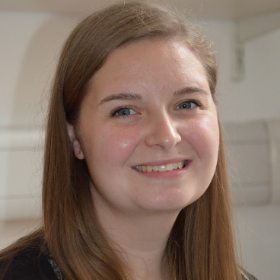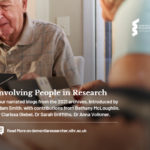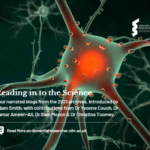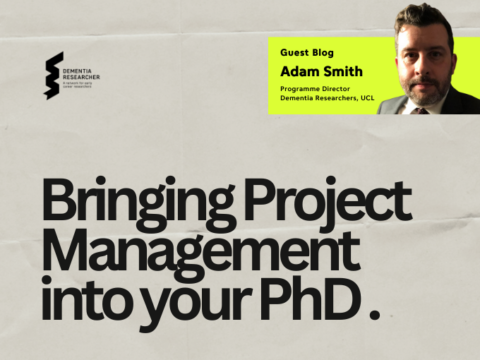
Dr Christina Toomey
Name:
Dr Christina Toomey
Job Title:
Post-doctoral research associate
Place of work / study:
University College London/ The Francis Crick Institute
Area of research:
Neuropathology and Neuroinflammation
How is your work funded?
I am currently funded through ASAP (Aligning Science Across Parkinson’s) but have also recently been funded through the Michael J Fox Foundation and Alzheimer’s Research UK
Tell us about your career path.
I began my research career gaining a BSc in Biomedical Science at the University of Southampton. I then worked as a research technician for 4 years on a project investigating early markers of Parkinson’s disease. From there, I wanted to progress so completed a PhD at Queen Square Brain Bank, UCL investigating the role of TREM2 in neurodegeneration. From here, I went on to become a postdoc. I am now on my third postdoc position on a really exciting grant.
What does your research focus on?
My main area of research is to investigate the neuropathology of multiple neurodegenerative diseases, including Alzheimer’s disease, frontotemporal dementia and Parkinson’s disease. I look at the the pathology in these diseases and pair them with omics data such as proteomics, lipidomics and transcriptomics. During my PhD I also investigated the role of TREM2 in Alzheimer’s disease which has led to an interest in neuroinflammatory mechanisms, especially those in microglia.
Do you have any advice for someone looking to embark on a career in dementia research?
My advice would be to take any opportunity you can get to gain experience and decide what type of dementia researcher you would like to be.
What are the best bits about being an ECR?
My best part about being an ECR is that you start to think you know what you are doing (although not all of the time) and being able to then help and guide those more junior than you.
What do you see as the main challenges?
The main challenges are gaining enough funding to maintain your research career. A good idea is not always enough. Having supportive supervisors and mentors really helps with this.
Why did you choose to work in dementia?
I have always had an interest in the brain and how it works so neurodegeneration attracted me as a research topic. My grandad then had Parkinson’s with Dementia, giving me the extra push to study this area.
What do you write about?
I write about my experiences as a dementia researcher and how we can help others to gain skills/ enter the field of dementia research.
Tell us a fun fact about yourself:
As a side job, I am a private tutor for the subjects science and maths.
Why did you choose to work in dementia?
I have always had an interest in the brain and how it works so neurodegeneration attracted me as a research topic. My grandad then had Parkinson’s with Dementia, giving me the extra push to study this area.

 Print This Post
Print This Post








